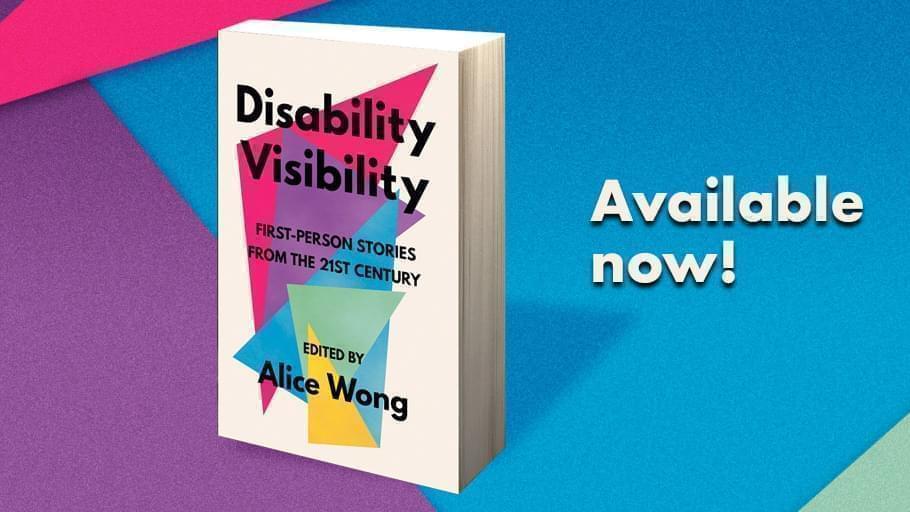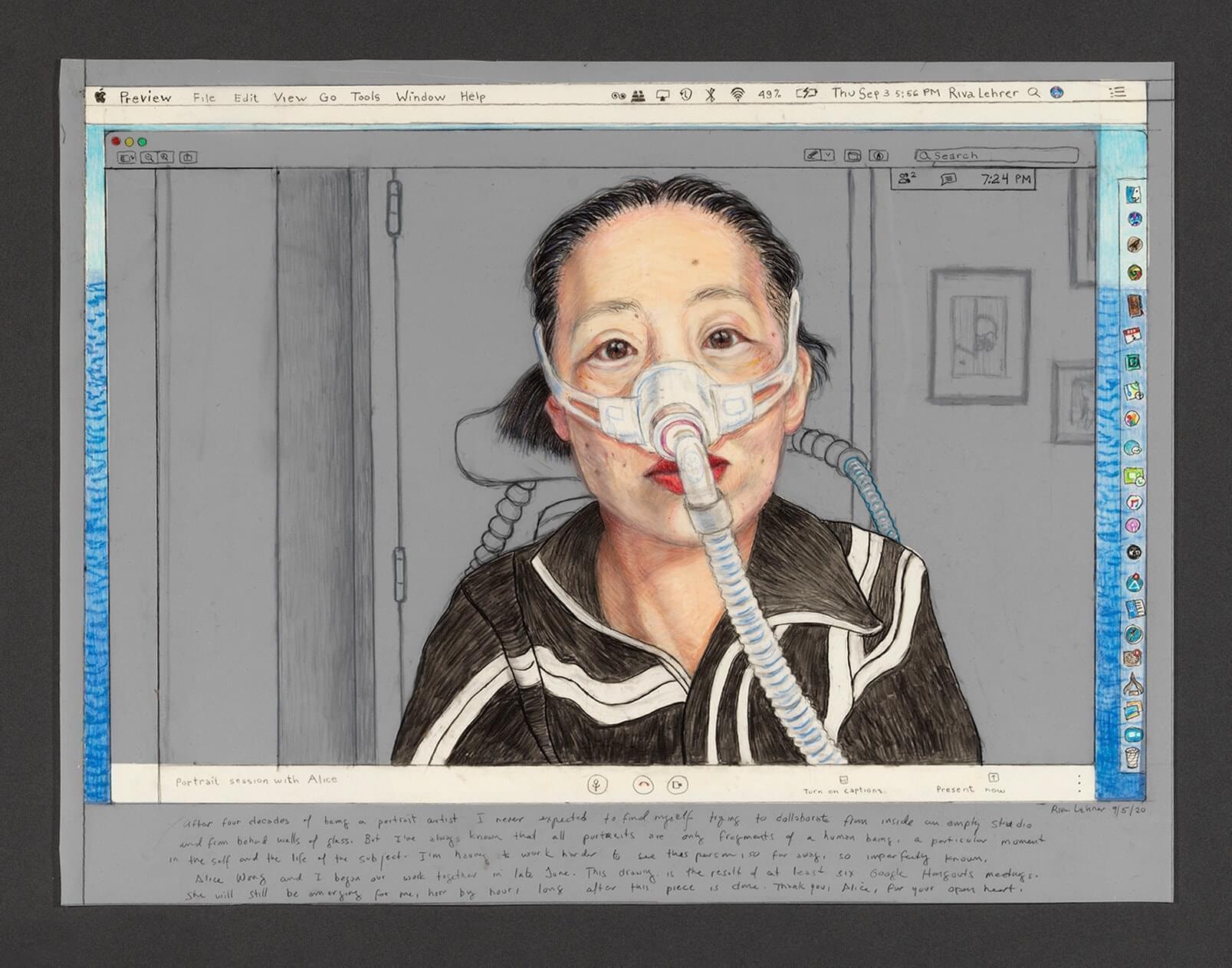Today's Lesson: Ability Status
One identity that is often left out of the social justice conversation—and sometimes within the social justice movements themselves—are those with varying degrees of mental, emotional, and physical abilities. This is known as ableism. Ableism is the discrimination of and social prejudice against people with perceived “disabilities” based on the belief that typical abilities are superior. We understand that these conversations can be difficult, and often we aren’t sure where to start. Below you will find a sampling of resources you can dive into right now. From birth through adulthood, we believe social justice learning is a life-long journey. Click here to return to the main page.
Learning Levels
Early Childhood Adolescent AdultRead
Disability Visibility

In her most recent book, Disability Visibility: First-Person Stories from the Twenty-First Century, Activist Alice Wong brings together a galvanizing collection of contemporary essays by disabled people. This anthology gives a glimpse into the rich complexity of the disabled experience, highlighting the passions, talents, and everyday lives of this community. It invites readers to question their own understandings. It celebrates and documents disability culture in the now, and it looks to the future and the past with hope and love.
EXTRA CREDIT: What can you do when you fear someone you know may be considering suicide? It can feel daunting, but suicide prevention experts say we all can help someone at risk by reaching out and showing we care. This article from NPR Shots outlines some ideas of how we can help in these situations.
Watch
The Game Changer
Written and produced by Big Ten Network producers Tim Hartin, Kaitlin Southworth, and Alison Davis Wood, The Game Changer tells the story of how Dr. Tim Nugent changed the world for people with disabilities. Nugent, who is known as the "Father of Accessibility," fought against prejudice to establish the first college program for people with disabilities at the University of Illinois. Nugent was also a pioneer in the wheelchair sports movement.
EXTRA CREDIT: In this PBS Newshour special, we consider how Americans with Disabilities Act changed the lives of people with mental or physical impairments—and where it falls short. Civil rights activist Judy Heumann, previously a special advisor to the State Department, and Keri Gray of the American Association of People with Disabilities join Judy Woodruff to discuss.
Listen
The Virus Has Stolen Your Face From Me

The 21st team sits down to talk with Chicago based visual artist and writer Riva Lehrer, whose recent New York Times Op-Ed “The Virus Has Stolen Your Face From Me” explores how the current pandemic has presented challenges to her, both as a disabled person and as an artist whose work focuses on portraits and representations of faces and bodies stigmatized by society. Take a listen to their conversation.
EXTRA CREDIT: Betsy Crosswhite says it felt like a punch in the gut when her son’s school closed to limit the spread of the coronavirus. That’s when she realized she would need to become her son's teacher and therapist. Her son Shane is 15 years old and on the autism spectrum. This Illinois Newsroom report looks at how families with children with special needs are coping in this troubling time.

